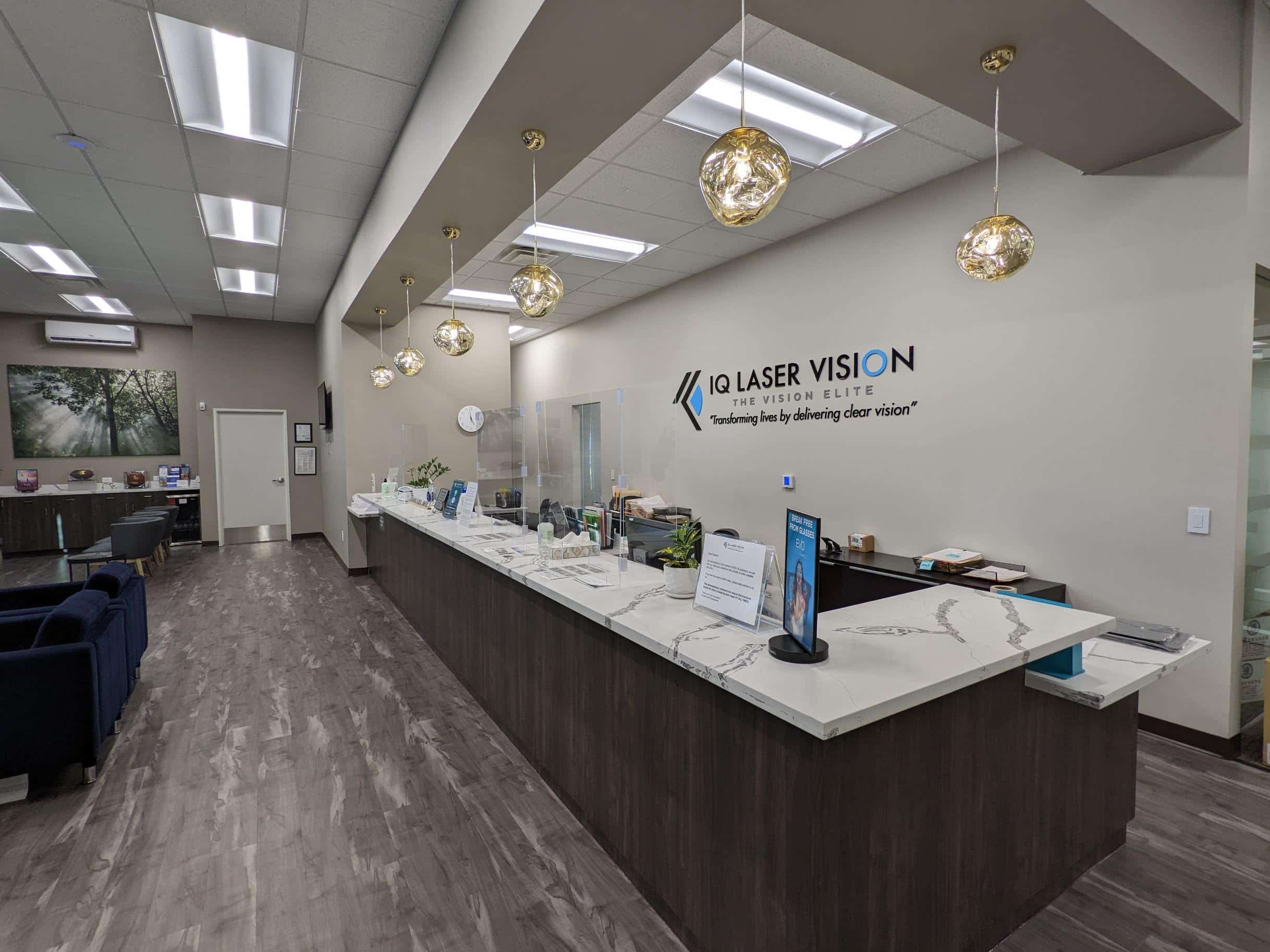Laser eye surgery has been around for decades, the eye-opening truth. In fact, laser vision correction surgery as a broader category has been around since the 1930s. Before we had laser technology to improve the accuracy of laser correction procedures, we had a procedure known as radial keratotomy which involved a surgeon using a scalpel to make incisions into the surface of the eye.
As nerve-wracking as it can be to imagine someone operating on your eye with a laser device, it’s worth remembering that laser surgery is actually much safer and more likely to give you exceptional vision than any other form of surgery out there. In fact, millions of people across the globe have already undergone laser vision correction treatment and are now living without the stress of their contact lenses or glasses.
One of the biggest reasons why people avoid signing up for laser eye surgery, is that they don’t have the right details. The internet is awash with false information about what “might” or “could” happen if you get laser surgery. Today, we’re going to straighten out the facts around laser eye surgery and give you the eye-opening truth about what you can expect from these vision correction procedures.
Laser Eye Surgery: Safer than Contact Lenses?
The first laser vision correction procedure was performed in 1985 with a PRK laser. Since then, there have been a number of generations of advanced laser systems introduced over the years, each offering the latest and advanced techniques for improving the accuracy of these treatments.
Because the concept of touching the cornea of your eye is frightening, many people assume that it would be safer to simply continue using their eye glasses or contact lenses. However, the truth is that many of the leading eye physicians around the world agree that wearing contact lenses could actually be more dangerous than getting LASIK or Zeiss SMILE eye surgery.
Wearing contact lenses for several hours at a time and failing to clean them properly can lead to eye infections, damaged eyesight and more. You’d be much safer getting a more permanent solution for vision correction that doesn’t involve placing something into your eye each day.
The Long-Term Effects of LASIK – The Eye-Opening Truth

Many people who feel nervous about their laser vision correction procedures claim that there isn’t enough substantial evidence to prove that the long-term results of LASIK and similar treatments such as PRK and SMILE are good. However, the truth is that there are countless studies out there that prove that after laser correction, vision in patients remains healthy and stable over the course of many years.
Although it’s difficult to officially call the laser eye surgery procedure a “permanent” solution to eye problems, that’s not because the treatment is inefficient. LASIK and PRK surgeons can remove tissue from your cornea to change the composition of your eye and make a long-lasting adjustment to your vision. The only reason you can argue with the permanence of this result, is that it can be affected by one unstoppable factor: aging.
As you get older your eyes will begin to degrade and deteriorate, and laser eye surgery can’t prevent that from happening. However, you can maintain your vision for as long as possible with the right laser procedures, and even help to protect the health of your eyes.
Discussing the Side Effects of Laser Eye Surgery – The Eye-Opening Truth
When most people start searching for the eye-opening truth about procedures like LASIK and Zeiss SMILE, they look at things like possible side effects from the procedure. It’s easy to suggest that the presence of potential side effects means that laser eye surgery is risky. However, the truth is that any surgery comes with some risk. Even the lack of surgery can come with risks – as wearing contact lenses too frequently can damage your eyes over time.
The important thing to remember is that severe side effects after laser eye surgery are very uncommon. In fact, the procedure that’s used to repair refractive issues in sight today is constantly evolving, meaning that side effects are becoming increasingly less likely. The advancements that we’ve made over the years into safety procedures, and the technologies that we use mean that the majority of side effects will experience no side effects whatsoever. Most patients who do experience side effects will only encounter very mild and manageable problems.
Things like halos, or dry eyes can happen after LASIK or a similar surgery like Zeiss SMILE, because the procedure may affect the way that your eyes produce tears for a short period of time. However, these issues will often resolve themselves within a few days. One of the most crucial things you can keep in mind is that no one in the United States has gone blind from LASIK.
Talk to Your Surgeon About Your Options
It’s very normal for people to have concerns when they’re facing a potential laser eye surgery procedure. After all, any surgery can be nerve-wracking, even if you trust the surgeon that will be completing the procedure. For instance, some people worry that they’ll end up with slightly worse vision after they’ve had their laser eye surgery. There’s very little chance that this will happen, but if it did, there’s a good chance that your eye surgeon would be able to go back and correct the problem causing the issue with your vision.
The best thing you can do if you’re nervous about your laser eye surgery, is to get as much information as possible. Your surgeon can provide you with some useful eye-opening advice about the risks and expectations of your eye surgery procedure. Additionally, you can do your own research online, but remember to take what you find with a pinch of salt. Your surgeon will know a lot more about your specific situation than any article you find on the web.























